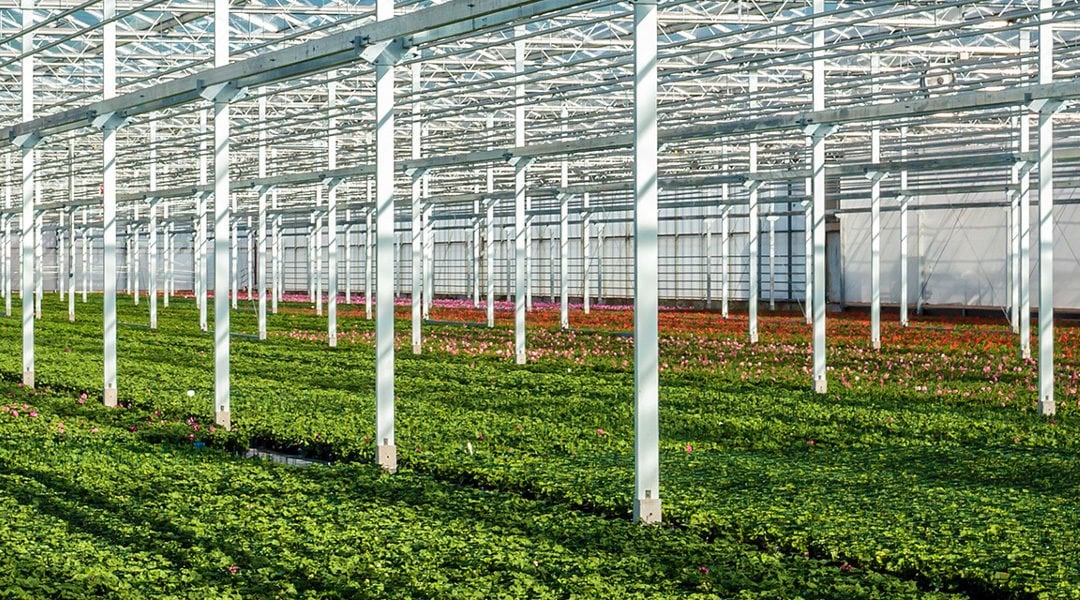With just days to go until the new Plant Health Regulations (PHR) come into force, we want to remind you of actions you need to take to continue to trade from 14th December 2019.
What is the new Plant Health Regulation (PHR)?
The PHR is part of a wider set of changes which are being introduced across the European Union (EU) under the Smarter Rules for Safer Food (SRSF) package, replacing 70 existing European directives and regulations to modernise and improve plant health, animal health and food safety standards across the agri-food chain.
PHR will apply for all UK businesses involved in the production, manufacture, supply and regulation of plants, seeds, timber (including the manufacture and repair of wood packaging to international standard ISPM15) and plant products.
What are the key changes I need to know?
Plant Passports:
· There are changes to the content and format of an EU plant passport, how it is attached to the consignment or plant, and the variety of businesses that need to be authorised to issue plant passports. More information and guidance can be found here.
· More regulated plants and plant products will require a plant passport for movement within the UK and the EU, a list can be found here under ‘Lists of pests, commodities and plant health requirements’ in Annex XIII and XIV.
· The list includes, but is not limited to, all plants for planting. This means: plants to be planted, plants that remain planted, or plants that may be replanted; some seeds; seed potatoes; wood and bark; some fruits with leaves.
· The new PHR sets out a list of pests and their hosts (plants/seeds), known as Regulated Non-Quarantine Pests (RNQPs), which will be regulated. More information and guidance can be found here under ‘Lists of pests, commodities and plant health requirements’ in Annex IV and V.
Imports from third countries (outside the EU):
· All plants and certain plant products will require a phytosanitary certificate for import from third countries, unless they are one of these five tropical fruit species: pineapple, coconut, durian, banana, dates. The list can be found here in Annex II.
· A new category of ‘high risk’ plants will be introduced. The import of any ‘high risk’ plants and plant products will be prohibited from entering the EU from all third countries until a full risk assessment is conducted by the European Food Safety Authority (EFSA). More information and guidance here under ‘High risk plants’.
· More regulated plants and plant products imported from third countries may require plant health controls to enter the EU, a list can be found here under ‘Lists of pests, commodities and plant health requirements’ in Annex XI and XII.
What IT system will I use to notify from 14 December 2019
There will be no change to the current UK IT systems – PEACH and eDomero – used to notify the movement of plants and plant products to and from the EU and third countries.
Where can I find more information?
For more information on Plant Health Regulations, visit the SRSF GOV.UK page
For more information on Plant Health in general and resources such as information on pests and diseases, visit the Plant Health Portal
Kind regards,
DEFRA Plant Health Team | Department for Environment, Food and Rural Affairs
